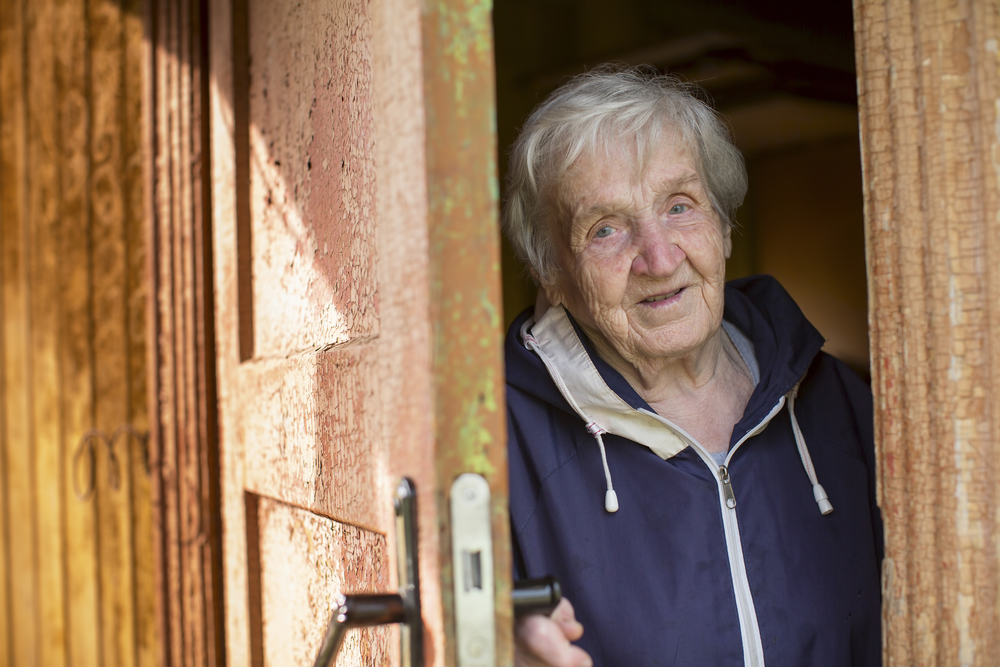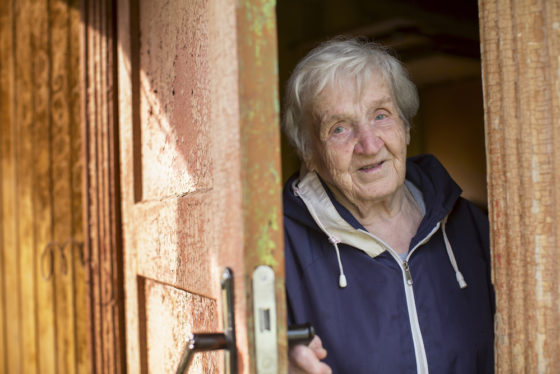The elderly are less lonely than they were 20 years ago: research


Today’s elderly are less likely to face a life of loneliness than they would have been 20 years ago, research conducted by Tilburg University has shown.
The generally accepted premise that the loss of strong neighbourhood ties, the fact that people no longer go to church and individualisation is leading to more loneliness among the elderly is not true, researchers Bianca Suanet and Theo van Tilburg claim.
Their study, Psychology and aging, which was published in the journal of the American Psychological Association, shows that the elderly more often have a partner, have more daily contacts and enjoy a more varied network of friends. Individualisation is not necessarily a driver for loneliness.
‘That is an important finding because it means we can find other ways of combating loneliness. An occasional outing and bingo nights probably have less of an effect than a course to teach lonely elderly how to make new contacts and extend existing friendships,’ she told the Volkskrant.
Suanet and her research partner used data from the Longitudinal Aging Study Amsterdam, a long-term study into the mental and physical well-being of adults born between 1908 and 1957. The later generations scored significantly better where educational level, social contacts and perception of loneliness were concerned.
Suanet told the paper that people have a cliché image of lonely people. ‘It’s not always people who have few contacts. It can be the subjective lack of one particular contact or very unsatisfactory social relationships.’
The individual elderly person is becoming less lonely but the problem of loneliness is increasing on a collective level because more people are reaching a greater age, the paper said. The over-75s in particular are more likely to become lonely as partners and relatives die and illness takes its toll.
Thank you for donating to DutchNews.nl.
We could not provide the Dutch News service, and keep it free of charge, without the generous support of our readers. Your donations allow us to report on issues you tell us matter, and provide you with a summary of the most important Dutch news each day.
Make a donation